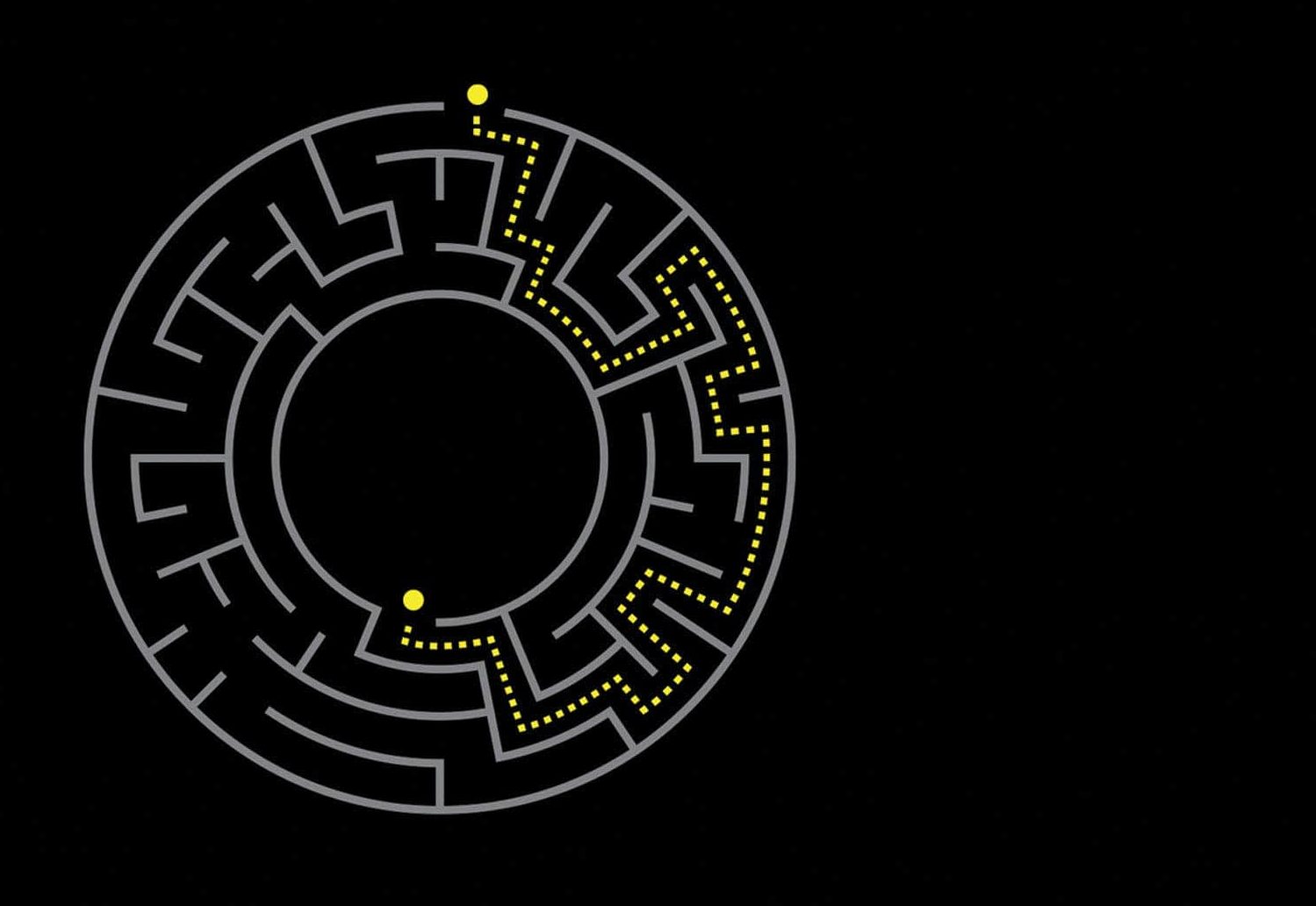Critical Thinking, by educational researcher Jonathan Haber, addresses a glaring social problem – the ubiquity of uncritical thought. Part of MIT Press’ Essential Knowledge Series, Critical Thinking stays true to the theme by distilling centuries of scholarship into simple, compelling points. Readers who are new to the topic of critical thinking will find the book straightforward and accessible.
I particularly enjoyed the principles of logic and the distinction between deductive and inductive reasoning that Haber outlines. Haber uses these foundational ideas to demonstrate the unstructured and sometimes fallacious arguments that we often encounter, and then walks the reader through fundamental and peripheral components of critical thinking that can be used to defend against such arguments.
Critical Thinking presents effective, real-world examples (I’m still making up my mind about multinational organizations), and Haber consistently uses a friendly, conversational tone. I don’t know him personally, but his writing made me feel like a kind acquaintance was chatting with me over coffee at my kitchen table.
Haber also avoids bludgeoning the reader with his personal opinions. Instead, he explains where scholars agree and disagree about the nature of critical thinking. This allows the reader to understand the essentials of critical thinking without feeling pushed into one expert’s point of view.
That said, the book does make a noticeable nod to educators, by reviewing methods for teaching and assessing critical thinking. Haber concludes by providing best practices for creating environments that foster the practice.
My only concern about Critical Thinking has nothing to do with the book itself. Critical Thinking provides actionable tools that could enhance debate and improve society more broadly. I suspect, though, that the public won’t appreciate it as much as they should.
The problem is that humans’ abstract desire to be critical thinkers doesn’t necessarily lead them to success. In The Matrix, Neo is given a choice between accurate perception and an easier, but false, version of reality. I assume most viewers of the film support choosing accurate perception, but humans regularly choose misperception by gradation, without even realizing it.
A major accessory to this folly is confirmation bias, the tendency to interpret information in a manner that supports preexisting belief, especially if it’s a strong belief. Individuals who mock biblical justifications for flat Earth might nevertheless use biblical justifications to support creationism or faith healing, for example. If confronted with this contradiction, they might elude it by developing an additional belief that some biblical passages should be interpreted literally, others not so much.
Social factors can further undermine critical thinking. Individuals tend to affiliate with people who share similar views. Social groups are sometimes structured around particular beliefs (e.g. anti-vaccination groups). Discussing topics with like-minded others is gratifying and beneficial, but it can cause us to receive a distorted number of reinforcing arguments that subvert genuine critical thinking.
Haber and other scholars obviously recognize that critical thinking is elusive, easily hidden by misinformation and psychological resistance to being wrong. Critical Thinking also covers the importance of authentically considering opposing points of view. Haber even mentions the amount of time it takes to master new skills and the resulting need for would-be critical thinkers to work independently toward honing their skills.
Still, those who wish to enhance their critical thinking should do more than read this book. They should use Critical Thinking as a guide and make deliberate efforts to employ the technique in different contexts. They can likewise encourage others to use this kinder, more thoughtful form of reasoning.
Critical Thinking can help make the world a better place. We should thank Haber for sharing his considerable expertise in a friendly, easy-to-read way. The concepts he reviews can improve public thought and public discourse which can, in turn, generate more satisfying and effective solutions to existing social problems. Based on these premises, I offer the following conclusion: Critical Thinking is a truly wonderful book.
Craig A. Foster is Chair of the Psychology Department at SUNY Cortland. He is a social psychologist who conducts research on pseudoscience and scientific reasoning.
AIPT Science is co-presented by AIPT and the New York City Skeptics.
Join the AIPT Patreon
Want to take our relationship to the next level? Become a patron today to gain access to exclusive perks, such as:
- ❌ Remove all ads on the website
- 💬 Join our Discord community, where we chat about the latest news and releases from everything we cover on AIPT
- 📗 Access to our monthly book club
- 📦 Get a physical trade paperback shipped to you every month
- 💥 And more!













